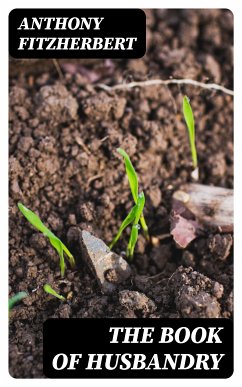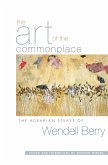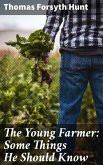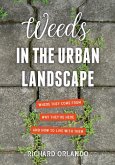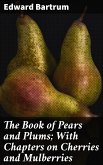In "The Book of Husbandry," Anthony Fitzherbert presents a seminal exploration of agrarian practices during the early 16th century, blending practical advice with a literary style that reflects both the vernacular and scholarly traditions of his time. Through a meticulous examination of farming techniques, land management, and the relationship between man and nature, Fitzherbert not only instructs on the virtues of husbandry but also embeds his work within the broader context of the Tudor agricultural revolution, which sought systematic improvement of farming methodologies in response to emerging socioeconomic changes. Anthony Fitzherbert was a notable figure in the Tudor period, a lawyer by profession and a fervent advocate for agricultural reform. His background likely shaped his vision and understanding of the intricacies of rural life. Fitzherbert's personal experiences in the agrarian sphere provided him with a unique insight into the challenges faced by husbandmen, enabling him to craft a work that is both practical and insightful, offering an early commentary on the role of agricultural practices in societal prosperity. This book is a must-read for anyone interested in the historical evolution of agriculture and its sociocultural implications. Fitzherbert's blend of instruction, anecdotes, and keen observations will appeal not only to scholars of agricultural history but also to modern-day farmers and agronomists seeking to understand the roots of current practices. It invites readers to appreciate the foundational role of husbandry in shaping communities and economies, making it a timeless work relevant across ages.
Dieser Download kann aus rechtlichen Gründen nur mit Rechnungsadresse in A, B, BG, CY, CZ, D, DK, EW, E, FIN, F, GR, H, IRL, I, LT, L, LR, M, NL, PL, P, R, S, SLO, SK ausgeliefert werden.

